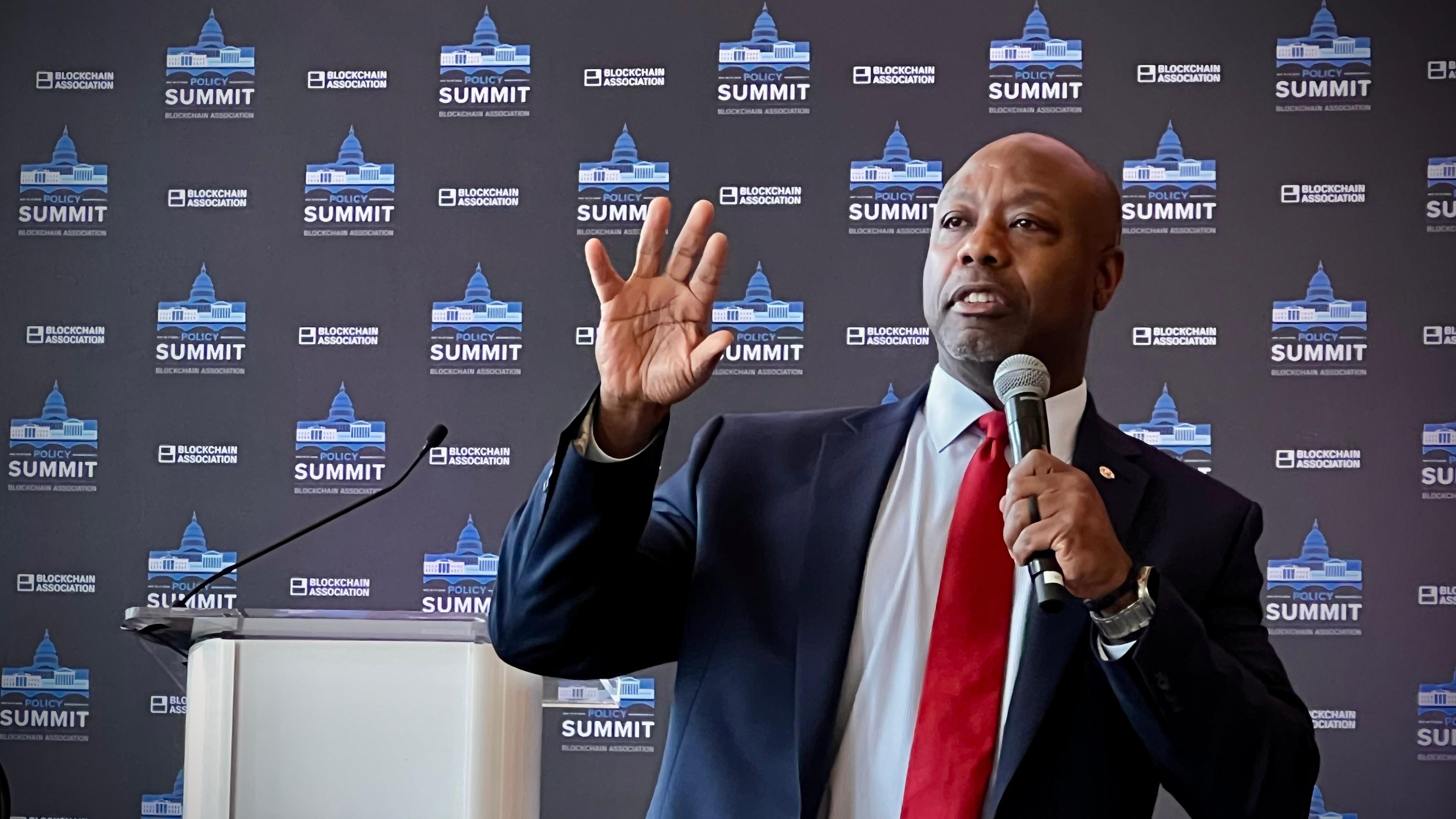
What You Need to Know
- U.S. Senate Republicans propose key elements for a future crypto market structure bill.
- While the House of Representatives has taken the lead in drafting this legislation, the Senate will address these issues in an upcoming hearing on Tuesday.
- It remains uncertain how the proposed bill for structuring U.S. crypto markets will interact with an existing bill aimed at setting stablecoin issuer standards, which has already gained substantial support in the Senate.
Recently, top senators outlined their vision for establishing rules for domestic crypto markets by releasing a set of principles in preparation for an afternoon hearing.
The crypto sector is looking forward to advancing stablecoin legislation, but the structure for robust regulation of crypto activity is of utmost importance. The chairman and three other Republican senators from the Senate Banking Committee provided this framework, which is vital for the progression of the bill through both the Senate and the Agriculture Committee.
“These principles will serve as a critical baseline for discussions on this bill, and I hope that my colleagues will set aside political divisions to bring the clarity needed for digital asset regulation,” stated Chairman Tim Scott, accompanied by Senators Thom Tillis, Bill Hagerty, and Cynthia Lummis.
The proposed principles call for:
- Clear distinctions between digital securities and commodities, alongside shared regulatory frameworks that discourage excessive oversight.
- A small set of money-laundering protections supportive of innovation.
- Encouragement for federal regulators to utilize no-action guidance, regulatory sandboxes, safe harbors, and appropriate application requirements.
Thus far, the House of Representatives has led the charge on market structure, recently advancing its Digital Asset Market Clarity Act through necessary committees on its way to the House floor, while the Senate recently passed the GENIUS Act aimed at establishing stablecoin guidelines.
On Tuesday at 3 p.m., a hearing led by Lummis’ digital assets subcommittee is set to address ongoing efforts toward market structure regulation.
“With the European Union and Singapore having established clear regulations, the U.S. has lagged while the digital asset industry seeks more favorable jurisdictions. This will change today,” stated Lummis.
Meanwhile, crypto lobbyists are concentrating on how the House will navigate its two bills. Decision-making will revolve around one of three paths: passing the GENIUS Act in its current form, merging it with the House’s own stablecoin legislation (which requires additional Senate approval), or combining the stablecoin initiative with the market structure bill as a more complex legislation.
If the Senate decides to pursue an independent route for the market structure bill, similar discussions will unfold. Both chambers have shown considerable bipartisan support for crypto initiatives, even though Democrats have expressed concerns regarding illicit finance, national security, and the affiliations of former President Donald Trump with cryptocurrency.



